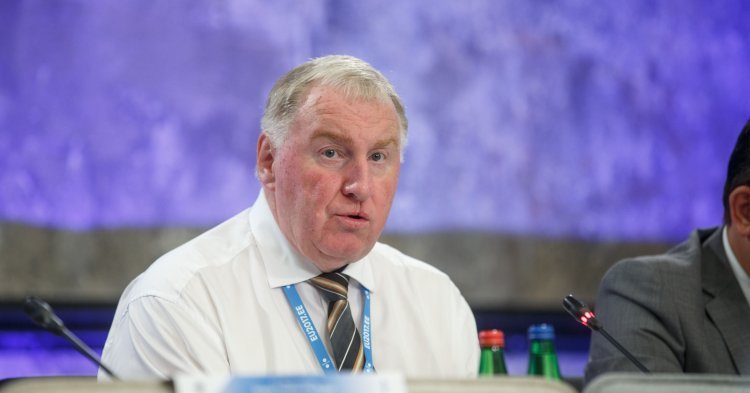Many people consider the integration of migrants into the labour market – as well as migration in general – to be a matter for national governments. Should this competence not be in the hands of local and regional administrations?
The questions raised by migration need to be addressed at all levels of political decision-making. There are three levels of action.
First of all, that of the countries of origin. The reasons that trigger this migration must be combated. Then there is the problem of external borders, which a look at the figures shows to be substantial than is often assumed. The Dublin regulations have proved very difficult to engage with, however, and it is a great collective failure that no new rules have been agreed upon. And then comes the real challenge, namely integration at various levels: in the host society, in employment and in terms of language and culture. This is where local and regional authorities can play a role.
But remember that on specific issues relating to housing and employment, each Member State is ultimately responsible for its internal regime. It is, of course, true that local authorities are usually called upon to do this, but they must not be left to their own devices. They need to be supported by the various levels of government, but also by Europe, for it is precisely now, when the Union’s financial strategies are being reoriented over the next seven years, that it is important to give this issue of the integration of migrants the necessary attention.
Do smaller rural regions perform more successfully than larger metropolitan regions in integrating migrants?
The closeness to reality is present in all local authorities, even in larger ones, but there are different sensibilities in more urbanised region than in more rural ones. The willingness to take in strangers is not a question of objective facts, but very often one of subjective elements.
It is very noteworthy to see how xenophobia is often widespread in areas where there are few foreigners. But it can also develop where integration fails. None of this is easy, and none of it can be solved merely through nice words. Successful integration is a really difficult task which requires expertise, commitment and foresight and where one should “promote and demand”.
The plaform the Committee of the Regions established earlier this year is a good example of where integration has been successful. In the city of Mechelen [in Belgium], where the mayor Bart Sommers has become famous for his successful approach to integration, there are more foreigners than in the whole of Hungary. Why has this city been so successful? Because they have taken the issue seriously, because they have established a clear framework, because they have thought it through and because they have really taken care of it.
Integration succeeds where it is possible to bring the local population into contact with newcomers in such a way that they approach each other with respect and where they can set up rules to life better together. This must be coordinated through effective politics.
Of course, the issue of illegal immigration and people whose residence permit has been rejected remains a very difficult one, with complex legal and humanitarian dimensions. In principle, those who are not granted the right of residence must return, but it is not possible to send people back everywhere.
One has to learn to deal with said complex issues and with the fact that the past 15 years have seen a paradigm shift in this area. This debate is largely about values and about convictions which are not necessarily compatible with one another, as I have seen in my numerous visits to different European cities.
I have convictions of my own, which I also think are right, but I must also accept that other ideas exist. And if you want to change things, then you also have to understand the motivation of the other side and explore similarities in solving the problems.
What role must the Committee of the Regions continue to play in the future, and what challenges need to be tackled?
The Committee of the Regions is concerned with giving greater weight to the role of local and regional authorities within the EU. Furthermore, given the many problems we have in the area of integration, it is our task to ensure that exchanges take place and that the European framework conditions are properly developed. We are currently discussing the one issue where friendship usually ends, namely the distribution of money, and want to ensure a fair distribution across different areas.
Our alliance will continue to be very active in this. It is an alliance for cohesion.

Follow the comments: |
|
